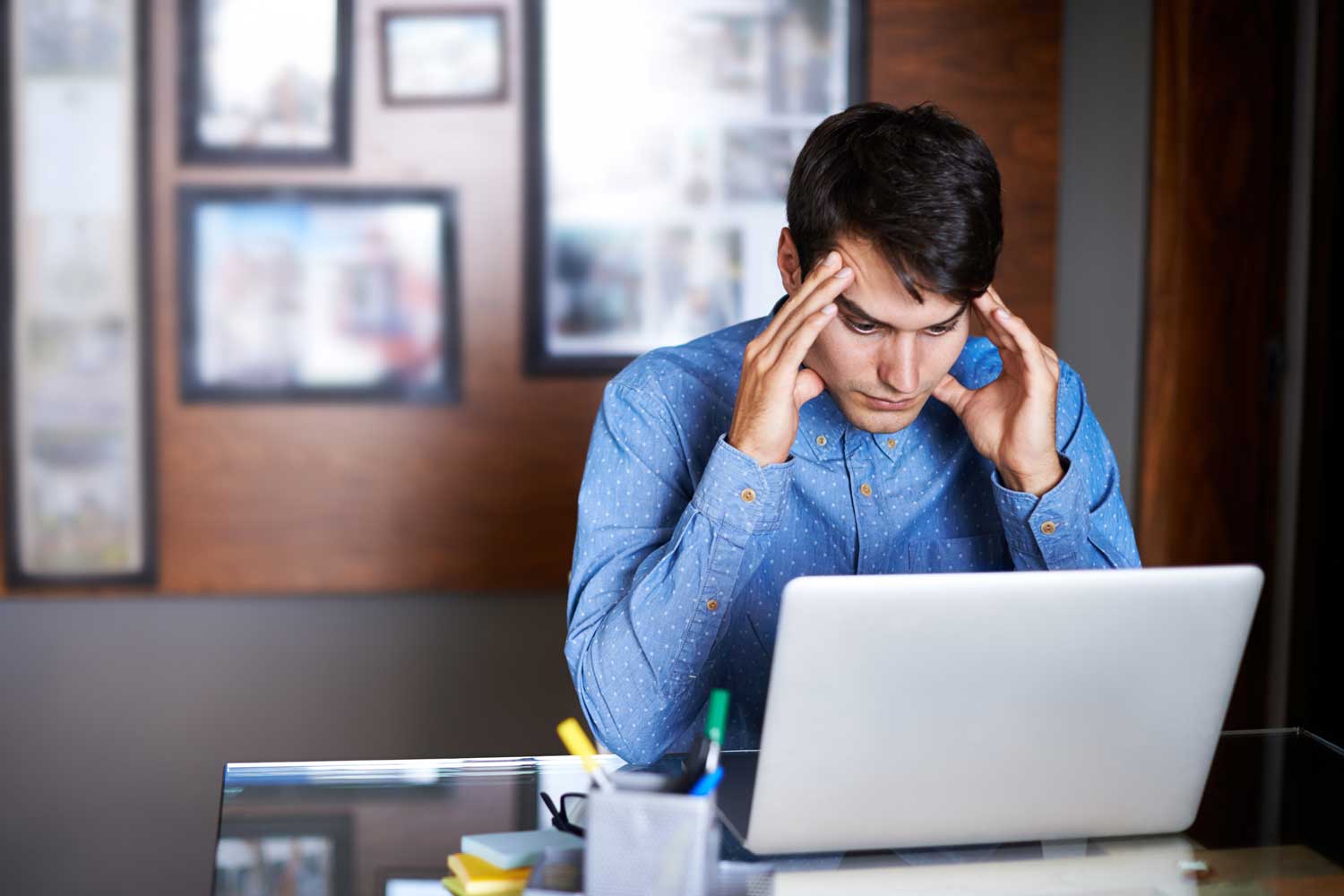
If you think late night shenanigans are the only reason for your tired eyes come morning, think again. A new study has revealed just how bad Australia’s sleeping habits are and it comes down a little device we usually find in our hands.
Research published today in the journal Sleep Medicine has found that in 31 per cent of participants, ‘the time they sleep is more than an hour out of sync with their body clock on weekends compared with work nights.’
“That’s a large chunk of our population whose body clocks are out of alignment, a problem known to negatively impact health and wellbeing,” says Professor Robert Adams, the study’s lead researcher and sleep specialist with the University of Adelaide and the Sleep Health Foundation.
“These findings serve to further illustrate the widespread problem of insufficient sleep in our country and indicate an urgent need for a national inquiry to relieve our sleep loss epidemic. We need to realise that it’s not just about how much sleep we get – it’s when we get it.”
RELATED: What 7 Sleep Experts Do When They Can’t Doze Off
In the first study of it’s kind, looking into ‘social jetlag’, researchers examined the responses to the Sleep Health Foundation Australia 2016 online survey of 837 people who were not shift workers.
Social jetlag is when an individual’s circadian rhythms doesn’t line up with their environment due to commitments like work or school.
“For instance, a person who is naturally a night owl but must start work at 7am is at a higher risk of being socially jetlagged,” explains Professor Adams. “And the same can be said of morning larks who routinely stay up late on international work calls.”
Interestingly, results showed one third of Australian adults are suffering from more than one hour of social jetlag. Those working in full time professions were hardest hit, commonly experiencing more than tow hours of social jetlag during the working week compared to days off.
Typically, social jetlag causes sleeping in too late, waking up feeling tired and tardiness at work.
“This suggests that people with social jetlag are either less able to recognise their sickness signs or they feel a degree of pressure to work despite being unwell or just plain tired,” says Professor Adams.
“Either way, it’s time we considered the consequences of these employees driving, operating dangerous machinery and potentially spreading contagious illness in the workplace.
“We found that those with social jetlag were more likely to have a laptop, phone or other device in the bedroom and frequently use the internet in the hour before sleep, either for work or entertainment,”
Interestingly, the study notes that of those suffering the most, over two thirds had a computer/internet device in their bedroom.
RELATED: Why You Suck At Sleeping
Previous research suggest that using technology before bed can shorten sleep and increase tiredness.
However further longitudinal studies are required to back-up the results of the survey.
“A national inquiry is urgently needed to examine the full extent of Australia’s sleep deprivation problem and bring in policy initiatives to support our nation prioritizing sleep for their own wellbeing, and for the health and safety of those around us,” says Professor Adams.
“if you feel you need to catch up on sleep on the weekend, its better for your body clock to try and go to sleep a little earlier and get up a little later, rather than have a big lie-in in the morning:”

















